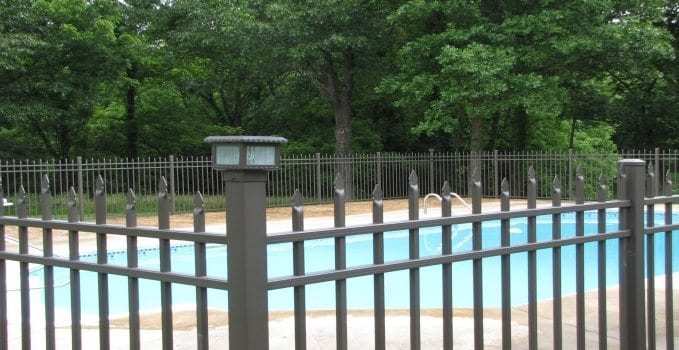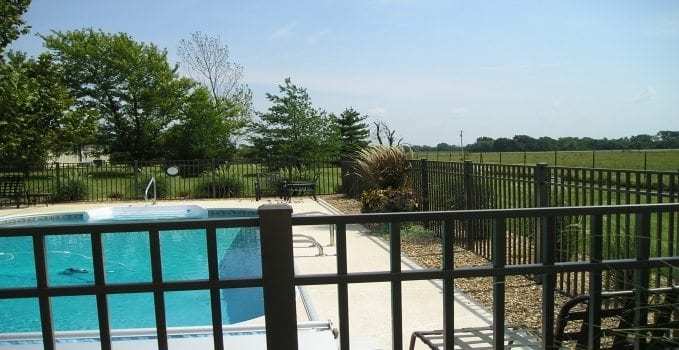MMC Blog
Pool Safety Fence
Summer is just around the corner, which means it’s nearly time to hit the pool! If you’re installing a new pool or replacing the fence on an old pool, select and install your pool safety fence with care. To meet local law, residential codes, and general safety standards, all swimming pools must be surrounded by a protective fence. Not only will this deter people from trespassing on your property, but it will also ensure that no one accidentally falls into the pool (including children, the elderly, the disabled, pets, etc.), preventing accidental drownings. For help selecting a pool safety fence, review the guidelines and recommendations below.
Pool Safety Fence
Pool Safety Fence Codes & Guidelines
When selecting a pool safety fence, you can’t just purchase whatever product you like and install it willy-nilly. Most communities require pools to be surrounded by barriers. Before purchasing a fencing product, check with your local authorities to learn about the requirements in your area. State, county, or municipality building codes may apply.
In addition, you might want to review the U.S. Consumer Product Safety Commission (CPSC) booklet on Safety Barrier Guidelines for Residential Pools, which provides guidelines for pool barriers. Although the guidelines are only recommended (not required), in using them, you can make your pool a safer place and possibly even save lives. The CPSC’s guidelines include the following important recommendations:
- Fences surrounding pools should be at least 4 feet high, but 5-foot-high fences are preferable. The top of the fence should always be at least 48 inches above grade, but in some states, counties, and municipalities, the fence must be 60 inches above grade.
- If a house serves as a part of the pool’s barrier, install alarms on doors leading to the pool area. These doors should also have locks that cannot be reached by children.
- Eliminate handholds and footholds on the fence, and minimize the size of the openings.
- If the fence is less than 45 inches high, the horizontal members should be located on the interior side of the fence. The spacing between vertical members should not exceed 1 3/4 inches.
- If the fence is more than 45 inches high, the horizontal members can be located on the exterior side of the fence. The spacing between vertical members should not exceed 4 inches.
- Openings on a chain-link fence should not exceed 1 1/4 inches unless the fence features slats, fastened at the top and bottom, to reduce the size of the mesh openings to 1 3/4 inches or less.
- Openings on a latticework fence should not exceed 1 3/4 inches.
- To prevent someone from sneaking under a fence, the clearance at the bottom of the barrier should not exceed 4 inches. If the fence is located on a non-solid surface like grass or gravel, the clearance should not exceed 2 inches.
- Access gates to the pool should be equipped with locking devices. They should be self-closing and self-latching, and they should swing out (away from the pool area).
You may also want to review the standards established by the International Code Council (ICC), a non-profit organization whose guidelines are used by many state and local jurisdictions. Many of their standards match the CPSC’s standards.
Other Aspects to Consider
- Privacy: Most homeowners prefer a bit of privacy when taking a dip in their pool. Especially at night, you will feel more at ease if you aren’t worried about neighbors and passersby snooping on you. If you’re concerned about privacy, we recommend purchasing a vinyl fence because it offers both style and privacy.
- Air Flow: Although you may want to hide your pool from prying eyes, remember to consider air flow as well. Especially if the enclosed space is small and won’t have much (if any) shade, you may want to use a fencing design that allows in breezes. Thinner materials, like aluminum, will welcome the wind. Thicker materials, like vinyl, will block it out. Which do you prefer?
- Design: We encourage you to choose your fence with your pool’s style in mind (or vice versa) to ensure that the fence’s design complements the pool, the surrounding landscaping, your home, and any other features. What color would you like the fence to be? Do you mind if it is bold and conspicuous, or do you prefer subtlety? Should it be traditional? Modern? Sleek? Elegant? With all of the fences available these days, you shouldn’t have any trouble finding a fence that suits your aesthetic requirements.
- Water & Chemical Damage: Because the fence will be located near a pool, it will be exposed to water and chemicals. To prevent damage like rusting and rotting, select your fence with durability in mind. Some materials, like vinyl and powder-coated aluminum, are resistant to rust, rot, decay, corrosion, and more, making them an excellent choice for pool safety fences.
Fencing Options
Pool safety fences are available in a variety of materials, styles, colors, and sizes. For example, aluminum, vinyl, wood, wrought iron, and chain-link fences are all used as pool barriers. However, not all fencing materials are created equal. Consider durability, style, maintenance, cost, and strength before selecting a fence to surround your pool. We recommend aluminum and vinyl due to their durability, strength, lack of maintenance, and style.
Aluminum comes in many ornamental, elegant designs, and its powder coating is extremely strong and protective. Although it is often confused with wrought iron, aluminum is less heavy, less expensive, and less time consuming to maintain when compared with iron. It won’t provide much privacy, but it can be both stylish and inconspicuous.
Vinyl, as we mentioned above, is often favored for its privacy. It can also provide the look of wood without all the maintenance. Although vinyl fences come in a variety of styles, most are somewhat bold and traditional. There are many solid and picketed styles of vinyl fencing, and manufacturers are often able to adapt these fences to custom heights.
If you’re interested in purchasing a new fence to surround a pool or hot tub, be sure to check out MMC Fencing & Railing. In our online store, you’ll find high-quality and virtually maintenance-free vinyl and aluminum fencing systems. All of our products come with a protective warranty and are built to last a lifetime. To learn more about our fencing systems, please give us a call at 1-866-931-5002. We would be happy to help you select a fencing system that fits your needs. Good luck!




